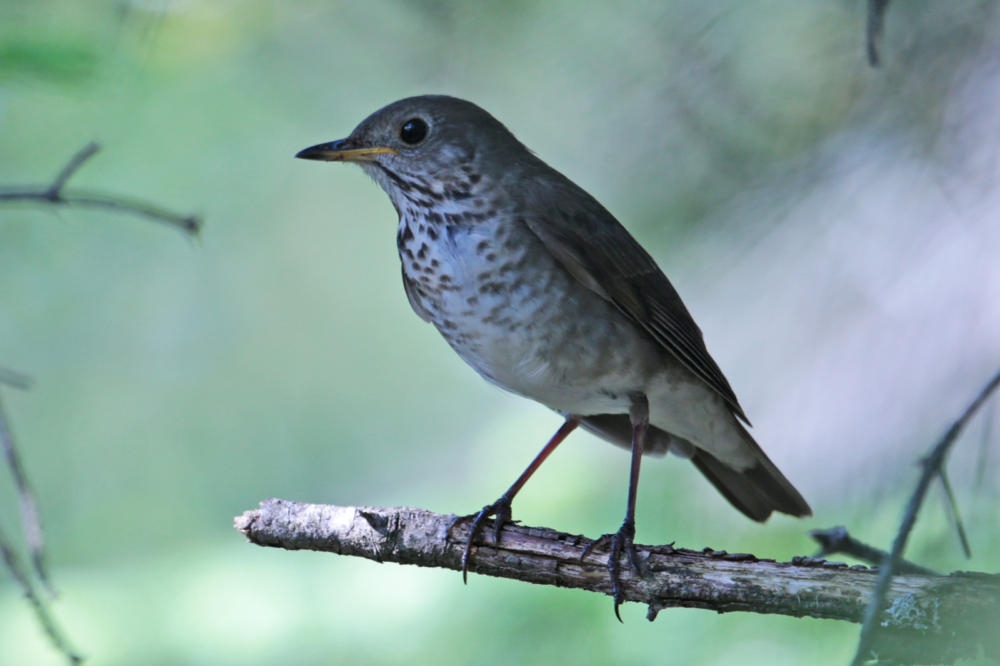In scientific research, the results can sometimes surprise you. That was the case recently for biologists at UMass Amherst. They were looking at shifts in bird populations in New Hampshire’s White Mountains over 17 years. Their hypothesis: that as the climate warms, species will move north or up-slope in the mountains. That turned out to be only partially true. Some lower elevation birds did move up, but many birds in higher elevations moved down.
Bill DeLuca, a conservation biologist at UMass, is one of the authors of the study. He said some of the surprising shifts could be due to changes in the birds’ habitat.
Click the audio player above to hear Henry Epp’s interview with Bill DeLuca.
